Srinagar 15 Oct (KNB): According to the economic survey report, 21.63 percent of the population in Jammu and Kashmir fall under below poverty line which includes physical labors working on a daily basis, fisherman, shopkeepers, drivers etcetera. Around 1 percent of people hold 60 percent of the country’s wealth, making inequality rampant in India.
Most of the people in India depend on daily labor by their subsistence. They are part of our society which is living on a hand to mouth. They cannot afford shutdowns because it leads to many problems as it pushes them to abject poverty, malnutrition, and death in extreme situations. The inequality thus instead of coming down increase further. Impact of the shutdown on daily wagers especially on lower income group are drastic viz children suffer health problems like malnutrition, stunting and it also hits their education due to a lack of funds thus leading to illteracy . It also affects the economy of state.
During the 1990s, and the 2008-10 uprisings in Kashmir, a constant in the discourse of the Indian polity and the media was the shikarawala. Built on the myth that tourism is the mainstay of the local economy (when, in fact, it’s agriculture),the shikarawala is the symbol of normalcy. If he has no work, it means Kashmir’s daily life is affected, and if he does, lo and behold, normalcy and peace have returned to Kashmir.
Shutdowns have also a psychological dimension thus leading to depression of less advantageous people due to social constraints They are unable to meet even basic necessities of life so how come they take part in social events like a marriage of their wards, they are devoid of prosperous tomorrow.
While Talking to Kashmir News Bureau Mohammad Ayub a shikarawala said “Due to shut down and curfew we are suffering a lot because in shutdown days, tourist don’t like to visit Kashmir and our whole economy is depend on tourists. I request government and leaders to think about us once while giving shutdown calls and curfew”
In Kashmir, most of the people depend on agriculture and tourism for their sustenance so it’s a natural corollary that shutdown affects people associated with the allied sector. Shutdowns are liable to suffer a loss in the economy which drives to least creation of works that too directly smack daily wagers. From drivers to fruit vendors to shopkeepers to construction workers everyone gets affects thus living them in deep trouble. In a nutshell every daily wager encounter hardship with these shutdowns.
Though shutdowns are a tool of political dissent. They should not be used frequently and prolonged for a long span of times where poor and destitute suffer.’
In nutshell, whether it is curfew or shutdown the most suffering people are daily wagers, shopkeepers and other day earner person. (KNB)


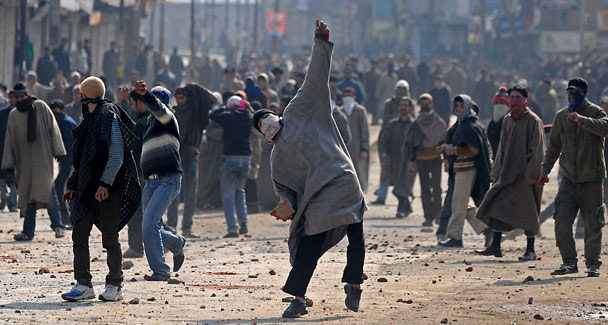






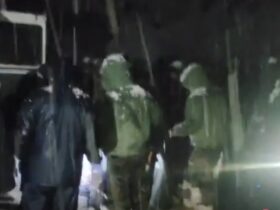
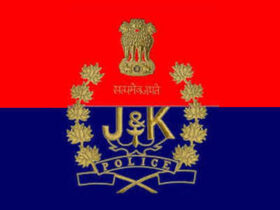
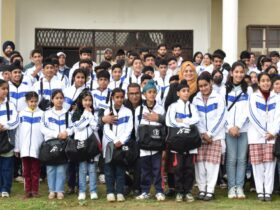
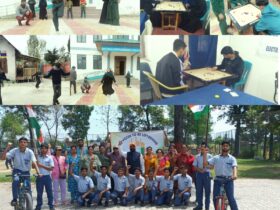


Leave a Reply